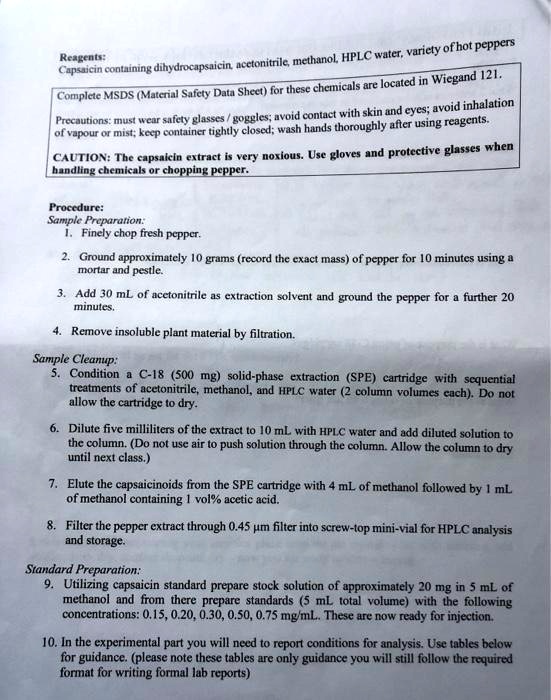

Indirect: He said that he did not believe me.Direct: He said to me, “I do not believe you.".Rather than with the original speaker are indicated. The pronouns of the Direct Speech are changed where necessary, so that their relations with the reporter and his hearer, Indirect: he says that his horse died in the night.ĭ.Direct: He says, “His horse died in the night.".Indirect: he says that he has passed the examination.Direct: He says, “I have passed the examination.".Indirect: He says that his mother is writing letter.Direct : He says, “ my mother is writing letter.".

The above examples, putting the reporting verb in the present tense. If the reporting verb is in present tense, the tenses of the Direct Speech do not change. The past tense is often used when it is uncertain if the statement is true or when we are reporting objectively.Ĭ.
 Indirect: She said that German was/is easy to learn. Direct: She said, “German is easy to learn.". Indirect: The teacher said that the earth goes/went round the sun. Direct: The teacher said, “The earth goes round the sun.". In this Indirect Speech, both the past tense and the present tense make the sentence a correct one. Indirect: John said that he knows/knew her address. Direct: “I know her address", said John. We can often choose whether to keep The original tenses or change them. The tenses will not change if the statement is still relevant or if it is a universal truth. The will of the future is changed into would.Ĭhanged into could and might respectively.ī. The shall of the future is changed into should. Indirect: he said that his horse had died in the night. Direct: He said, “His horse died in the night.". As a rule the simple past tense in the Direct Speech becomes the past perfect tense in Indirect Speech. Indirect: he said that he had passed the examination.ĭ. Direct: He said, “I have passed the examination.". A present perfect becomes a past perfect:Īre you clear about the conversion of Direct to Indirect Speech? A present continuous tense becomes a past continuous.Ĭ. A simple present tense becomes simple past tense.ī. When the reporting or principal verb is in the Past Tense, all the Present Tenses in theĭirect Speech are changed into Past Tense.Ī. Rules for changing Direct into Indirect Speech:Ī. We have used the conjunction ‘that’ before the Indirect Statement. It will be further noticed that in changing the above Direct Speech into Indirect speech, certain changes have been made. In Indirect Speech we do not use the inverted commas. It will be noticed that in Direct Speech, we use inverted commas to mark off the exact words of the speaker. Indirect: He said that his mother was writing letter. Direct : He said, “ my mother is writing letter.". Indirect: Clinton said that he was very busy then. Direct: Clinton said, “I am very busy now.". This method is called Indirect Speech or Reported Speech. We may report what he said without quoting his exact words. We may quote the actual words of the speaker. We may report the words of a speaker in two ways. In this section, We are going to see How the conversion of Direct to Indirect Speech and Indirect to Direct Speech is done?
Indirect: She said that German was/is easy to learn. Direct: She said, “German is easy to learn.". Indirect: The teacher said that the earth goes/went round the sun. Direct: The teacher said, “The earth goes round the sun.". In this Indirect Speech, both the past tense and the present tense make the sentence a correct one. Indirect: John said that he knows/knew her address. Direct: “I know her address", said John. We can often choose whether to keep The original tenses or change them. The tenses will not change if the statement is still relevant or if it is a universal truth. The will of the future is changed into would.Ĭhanged into could and might respectively.ī. The shall of the future is changed into should. Indirect: he said that his horse had died in the night. Direct: He said, “His horse died in the night.". As a rule the simple past tense in the Direct Speech becomes the past perfect tense in Indirect Speech. Indirect: he said that he had passed the examination.ĭ. Direct: He said, “I have passed the examination.". A present perfect becomes a past perfect:Īre you clear about the conversion of Direct to Indirect Speech? A present continuous tense becomes a past continuous.Ĭ. A simple present tense becomes simple past tense.ī. When the reporting or principal verb is in the Past Tense, all the Present Tenses in theĭirect Speech are changed into Past Tense.Ī. Rules for changing Direct into Indirect Speech:Ī. We have used the conjunction ‘that’ before the Indirect Statement. It will be further noticed that in changing the above Direct Speech into Indirect speech, certain changes have been made. In Indirect Speech we do not use the inverted commas. It will be noticed that in Direct Speech, we use inverted commas to mark off the exact words of the speaker. Indirect: He said that his mother was writing letter. Direct : He said, “ my mother is writing letter.". Indirect: Clinton said that he was very busy then. Direct: Clinton said, “I am very busy now.". This method is called Indirect Speech or Reported Speech. We may report what he said without quoting his exact words. We may quote the actual words of the speaker. We may report the words of a speaker in two ways. In this section, We are going to see How the conversion of Direct to Indirect Speech and Indirect to Direct Speech is done?







 0 kommentar(er)
0 kommentar(er)
